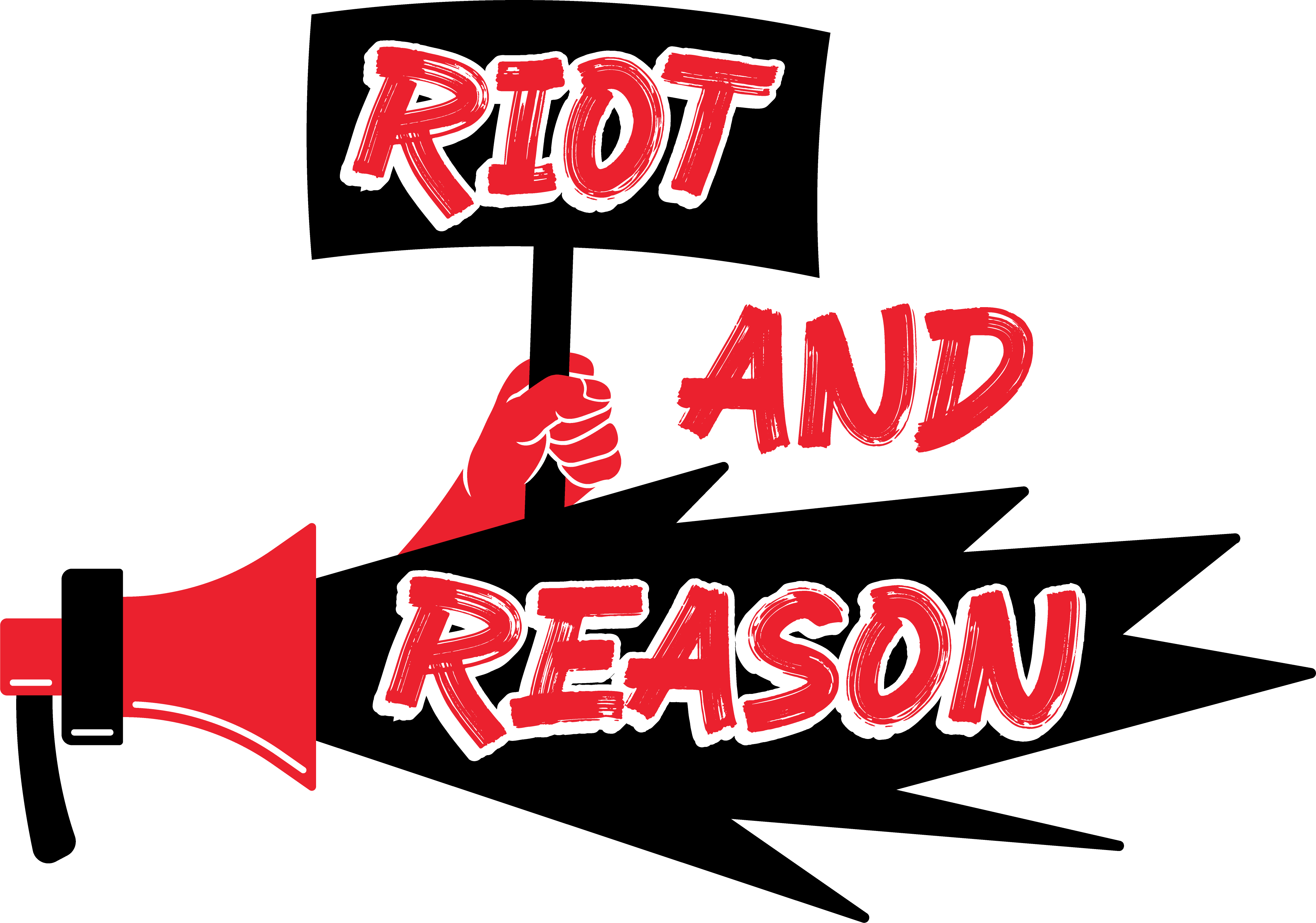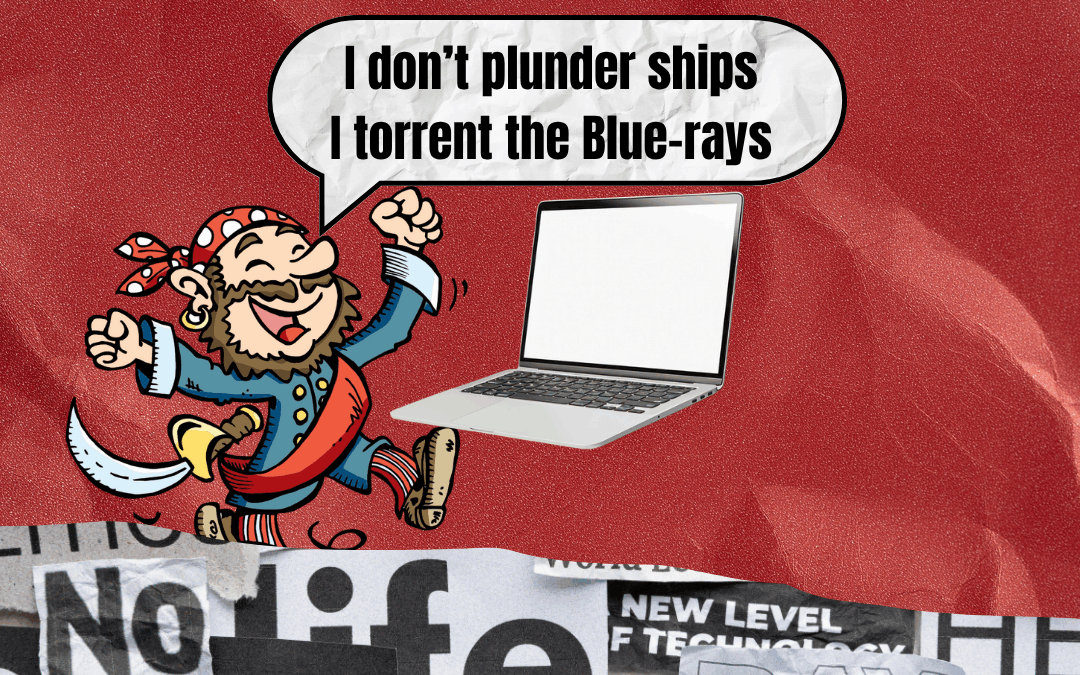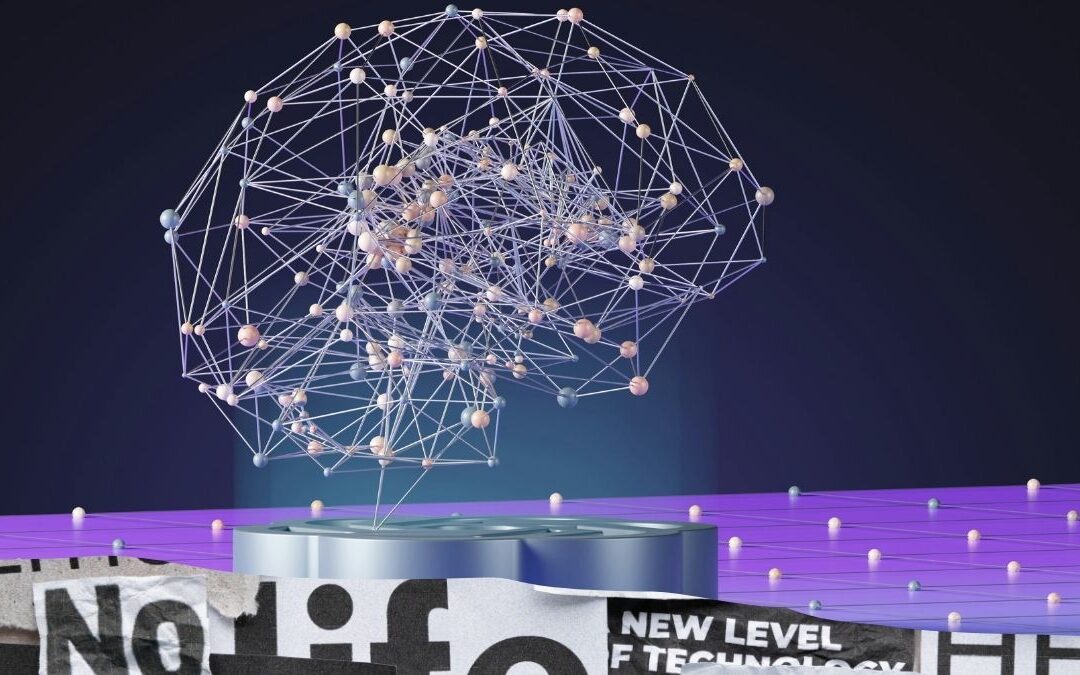
Here’s a fun thought: we are all isolation junkies and the fun part is that we don’t even realise it. Being alone is not just an option— it’s the preferred lifestyle. We’ve got Netflix on one screen asking if you’re still watching for the fifth time and social media on the other.
Streaming services have become the digital version of a lover who never leaves, always there waiting for you to hit ‘play.’ We’re more connected than ever but the catch? It’s mostly with our couches. It seems like technology has us all wrapped up around its little finger and we’re loving it… but also kind of hating it?
Thanks to the digital age we’ve become eerily good at being alone. The couch or bed has become the new town square, streaming services our closest confidant and our social life? A graveyard of ignored texts and half-hearted “we should definitely catch up soon!” messages.
Here is the real catch though: are we really choosing solitude or is the technology that is supposed to make us feel ‘more connected than ever’ delivering it to us on a silver platter. Are we just the latest victims of the digital age?
Marc Dunkelman, the author of ‘The Vanishing Neighbor’ gave us some much needed insight on this. He breaks down social relationships into three main categories: the inner ring ( your family and besties — the people you really care about) the outer ring (random acquaintances) and the middle ring ( those people you kind of know but don’t really talk to)
He explained that middle-ring relationships are disappearing because people no longer want to make the effort to build these kinds of relationships when technology has made it easier to skim the surface with acquaintances online.
Don’t get me wrong I’m not trying to say f**k technology, I love that I can talk to my best friend all the way in Essex and watch my favourite shows from the comfort of my bed. But let’s be real, we’ve all become hooked on convenience so that actual face to face interaction feels like a chore. As Dunkelman puts it: “The horizon of opportunity of people that you could meet and could invest in has expanded because of technology.
“But the cost is that the time that we’re spending right now talking or that I’m texting with my daughter is time that I might otherwise have spent talking to people in the neighbourhood.”
It’s true that technology has allowed us to meet diverse groups of people online, but at what cost? We’ve traded real life interactions for screen time and netflix and chill. When convenience is supplied to you you have to grasp it with both hands… right?

But this is where it gets real, we’ve optimised our social lives for convenience, cutting out the weird, messy and slightly annoying interactions that make relationships real, as Dunkelman points out middle tier- relationships are dying out because we don’t need them anymore, or at least we think we don’t.
This is something Ivor Spector — a guy I came across on Reddit explained to me, as someone who’s going through isolation, he finds it harder than ever to reach out and make connections since all he gets is radio silence in return. The digital age has conditioned us to believe that we don’t need people because we’re connected online and socialising is not rewarding when digital entertainment can give us that addictive dopamine rush.
According to Ivor: “Everyone has this sort of bubble, the worst thing you can do to a person is disturb them. And we all kind of assume that nobody else needs us, when in reality we all need each other.
“It’s so easy to let your connections wither away when you’ve got other stuff occupying your mind, and then suddenly, you realize you’ve got no one.”
In this age socialising means bending over backwards just to plan a little catch up with friends, it requires effort and feels like running a marathon, but entertainment is effortless and that’s why we love it.
As Ivor puts it when it comes to connecting with friends in the real world there’s an “ added effort that it just takes to see people. When we can watch whatever we want and just be entirely entertained by ourselves.”
Are we to blame for our isolation, are we the problem? Or is technology the problem? I’m not going to bash technology and say that it’s the villain of this story, when maybe we share a part of the blame too. When the opportunity to cancel plans with friends and stay in streaming your favourite shows was given to us we dove head first into it and never looked back.
Let’s just say that blaming technology is like the pot calling the kettle black. It’s true technology didn’t force us to spend 12 hours binging our favourite shows or ghosting our friends. Technology isn’t entirely the villain but it also isn’t entirely innocent in all this mess — it’s more of an enabler.
As Danah Boyd, Microsoft researcher and founder of Data and Society Research Institute explained: “Technology does not drive loneliness. It’s a correlational dynamic, not a causal one. When people feel isolated and alone, people often turn to media (both social media and TV) to both engage and be entertained.
“As a result, we have a lot of people who feel a sense of connection to celebrities, creators, or influencers, but these parasocial relationships are not nearly as fulfilling as friendships”
While technology has made isolation a very seductive option— like a shiny apple hanging just out of reach— you might think it’s tasty until you take a bite and find worms on the inside. Social media and streaming services might make us feel like we’re connected and like we’re indulging in a sweet treat, but the more you chew the more you feel the squirmy and gross aftertaste of loneliness creeping in.
When I asked Mrs Boyd whether tech companies profited from people’s growing isolation, she said that “they certainly benefit from people being exhausted, stressed, and alone – and desperately seeking five minutes of entertainment through cat pictures and dance videos.”
Let me enlighten you about what this means, these tech giants are not just sitting around twiddling their thumbs, they know exactly what will get you addicted , they created the apps, the algorithms the endless stream of content to make sure you are always coming back for more, like an addict craving the next fix. The worst thing is you don’t even realise. You’re walking through the fog unaware you’re heading toward a cliff, until you fall off.
Richard Freed, child and adolescent psychologist in clinical practice and author of “Better Than Real Life: How Silicon Valley’s Secret Science of Persuasive Design Is Stealing Childhood,” argues that when it comes to digital entertainment created by tech giants, “The combination of autoplay plus building storylines that have a hook at the end of each episode leads users to consume far more screen time than they would otherwise.”
It might sound hopeless or like you’re trapped but in here we’re all about solutions and shining a light in the dark, it might sound scary and as you read, you might come to the realisation that maybe you are lonely and that digital engagement is starting to replace your social interactions but It’s okay because every problem has a solution and you don’t have to go through this alone.
Small shifts in habits and mindset can lead to big changes, whether it is setting boundaries with tech, saying no to one more episode, reconnecting with friends or simply taking a step back and unplugging for a bit, you have the power to take matters into your own hands.
Tiffany Shlain, American filmmaker and author of “24/6: The Power of Unplugging One Day a Week.” explains the power of unplugging one day a week in order to create intentional moments of disconnection to connect with what actually matters— your relationships.

She said: “The way I propose breaking this cycle is to bring back an ancient practice of Shabbat or the Sabbath. one day of rest. and in our digital world, to me that means one day without screens. I call it Tech Shabbat. I have done it now for 15 years and it’s life changing.”
Start small and give yourself a break from constantly consuming streams of content like you’re some digital garbage bin. Go chill with your friends and family or vibe solo for a bit, start with a few hours, then maybe a day, who knows? You might even start to like it. No FOMO required and while you take a breather the world will keep spinning. I promise.





